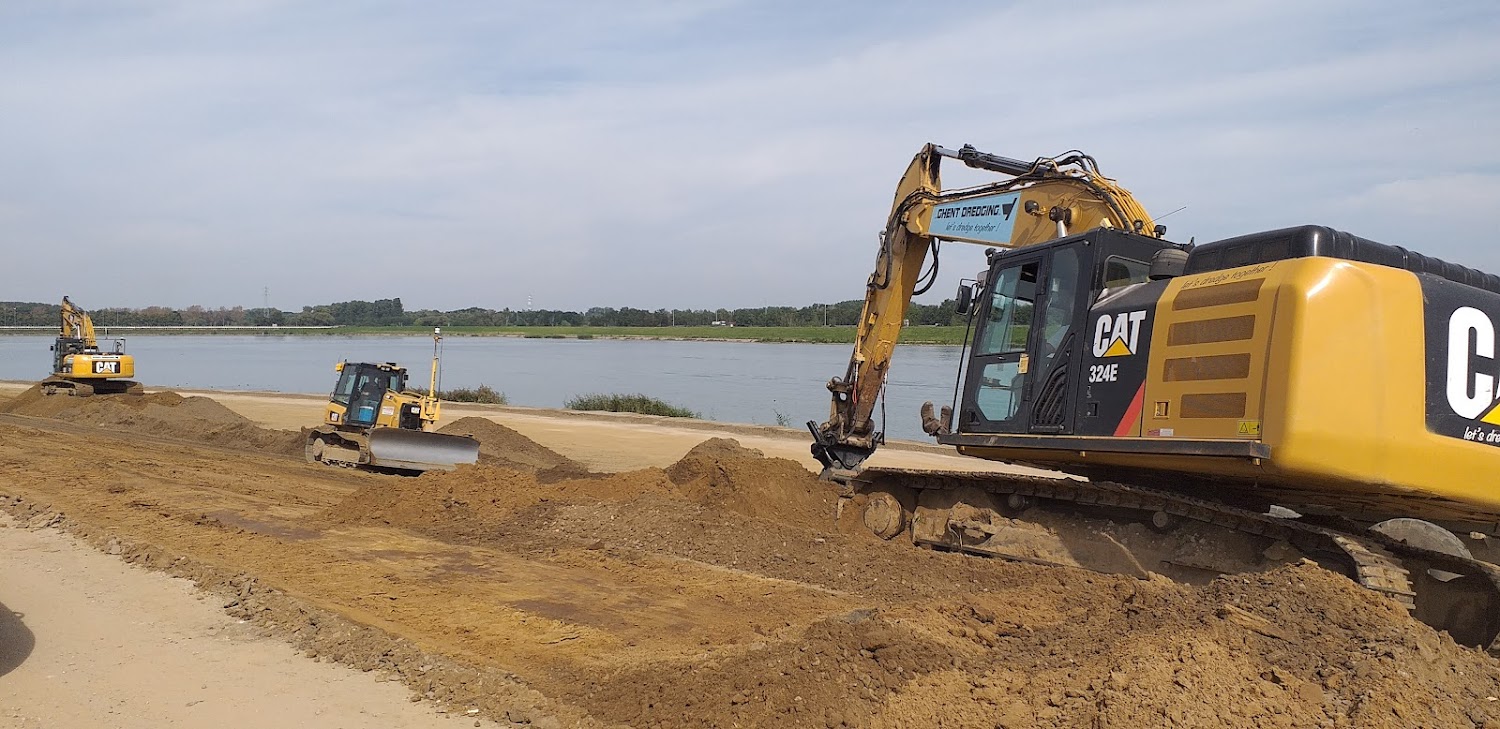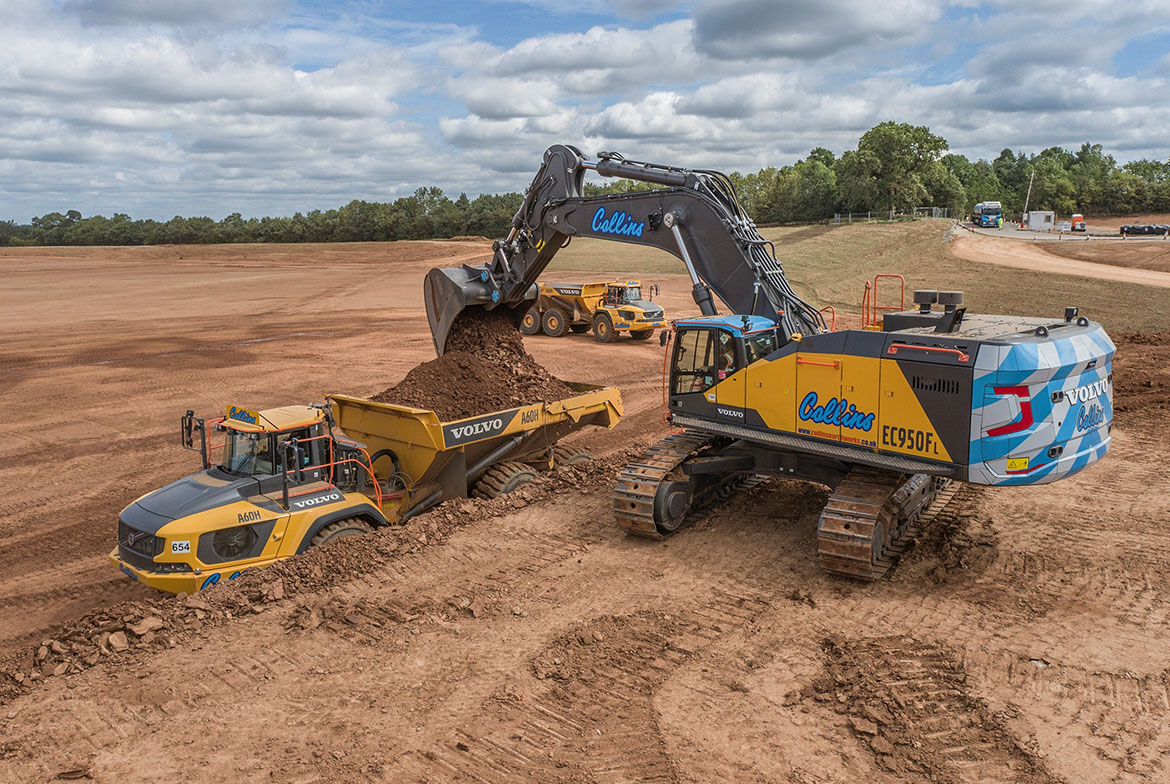
The importance of earthworks projects is sometimes overlooked in larger building projects. Earthworks Projects are frequently referred to as “simple” by those who have no idea what they’re talking about. Quite the contrary is true, according to an Earthwork
Professional. Making money on earthmoving operations isn’t always straightforward. It’s a fiercely competitive sector with high equipment costs, significant risk, and narrow profit margins to boot. A hair’s breadth may separate success and failure.
Earthworks projects are dynamic, with a variety of tasks taking place simultaneously. Stripping, excavation, and stockpiling of gravel may coincide on a tiny site. It is necessary to keep track of each item and the activities that go along with it. Tracking numerous activities simultaneously needs a lot of work and is difficult with the software that is available today.
Secondly, earthworks projects have the issue of dealing with a wide range of materials in a single location. One region may be cleared of topsoil, then subsoil, and finally clay before being utilised to store gravel, as an example. To get exact amounts, each layer must be recorded and monitored, yet it is only possible to catch a portion of each layer at a time.
Data gaps plague quantity reporting for a variety of reasons. Pre-survey work might have included back-filling a soft region or completing stripping before bringing in a typical surveyor to finish the topo.

It is challenging to employ traditional approaches such as load counts and conventional surveys because of the issues stated above since they are incorrect, time-consuming or both.
Earthworks projects are being made more accessible by many new technology businesses. Earthworks project firms are increasingly turning to these entrepreneurs for help in improving safety, efficiency, and reducing downtime in practically every facet of the company. Research and anecdotal evidence are equally crucial to the movement’s success. Calgary-based startups like AnyQuip, dubbed “Tinder for your Tractor,” are redefining how earthworks contracts are procured.
The purpose of Civil Tracker is to provide precise amounts of reports and keep track of construction projects’ progress. In the meanwhile, we’re working hard to produce an end product that accomplishes the following four goals:
Incorporating redundancy and traceability into our solution will allow us to build a reliable auditable tool that can be relied on by both the project owner and the construction company.
Anyone who has worked on an earthwork project may use it: Small and medium-sized projects can’t afford a professional surveyor or geomatics technician on site.
These are a few more serious issues that might bog down earthworks projects. Visit our website for more information.
